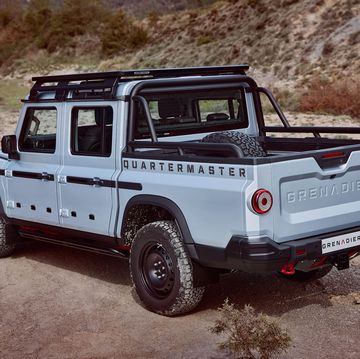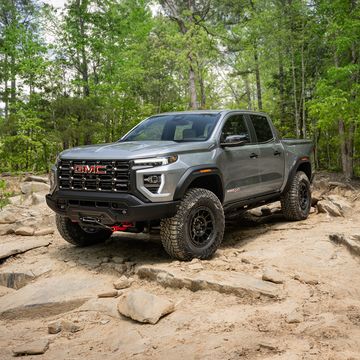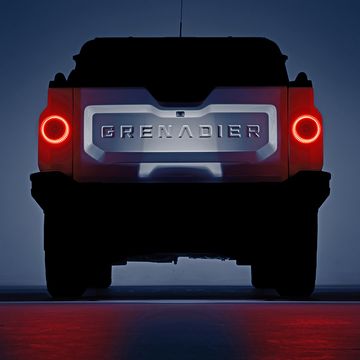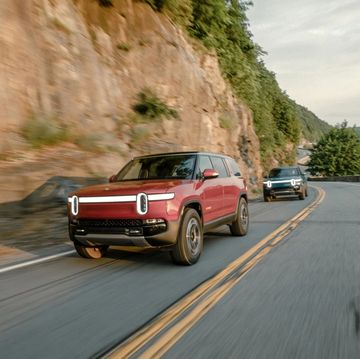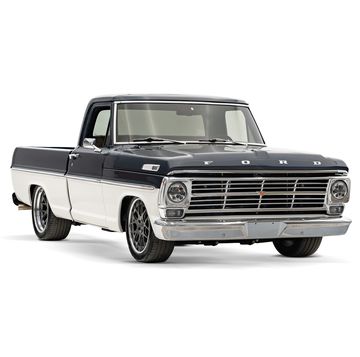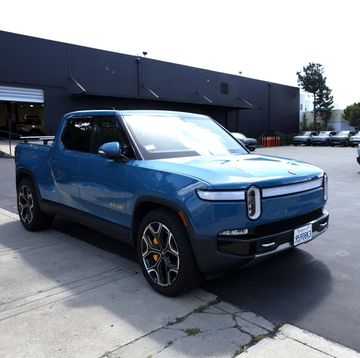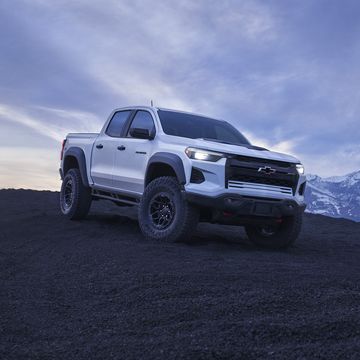- Volvo Trucks has the largest market share for electric trucks in Europe with 50%, and nearly the same percentage in North America.
- The truck maker has sold almost 5000 units so far, spanning six models, since production and deliveries began.
- Volvo Trucks, Traton, and Daimler are collaborating on a charging network just for heavy trucks in Europe in an effort to make long-distance EV truck deliveries possible.
One well-known EV maker captured plenty of headlines a few years ago for its planned electric Semi, finally delivering the first units in December 2022. But despite making plenty of noise about the project for years and introducing a design with a central driver seating position, among other innovations, Tesla is quite far from being the actual sales leader for electric trucks.
In fact, a handful of European and Chinese manufacturers have captured the largest slices of the EV truck sales pie and have launched programs to build electric infrastructure just for large trucks. But it's often hard to tell just which truck maker has the advantage in any particular region, with a deep roster of startups flooding the tech and business publications with tales of ambitious plans.
Out of actual truck makers currently producing EV models, Volvo has the largest market share with about 50% in Europe and nearly the same percentage in North America. That's up from 32% in the first quarter in Europe in 2022, making it the market leader in these two regions.
And Volvo Trucks, with a presence in about 40 countries, has sold nearly 5000 trucks since rolling out electric versions of medium- and heavy-duty models. And not just in EV-friendly countries in northern Europe—the truck maker has sold plenty of units in countries like Morocco and Australia. Later this year the truck maker plans to begin offering its electric models in India, South Korea, South Africa, and several South American markets.
In 2022 alone Volvo added three models to its lineup, including the Volvo FM, the Volvo FH, and the Volvo FMX. In all, the company has a total of six electric models in its catalog.
Almost halfway through 2023, the manufacturer notes that the year is off to a busy start with 486 electric trucks ordered, representing a 141% increase compared to the same period in 2022.
"Our commitment to sustainable transport is clearly paying off. We are determined to work closely together with our customers to decarbonize truck transport," said Roger Alm, President of Volvo Trucks.
Of course, such rapid growth was made possible by quickly developing electric versions of existing truck platforms, which Volvo has in abundance in every size class. And it has been able to rely on existing manufacturing footprints—something that EV truck startups have to build from scratch. Volvo plans to grow its manufacturing footprint as well, with plans to expand its plants in Virginia, Gothenburg, and Blainville, France. The truck maker also plans to begin electric production in Ghent, Belgium.
Still, there are plenty of headwinds to wider adoption of medium- and long-range electric trucks, headwinds that Volvo along with several other manufacturers including VW Group's Traton, and Daimler Truck are addressing via the creation of a charging network for trucks in Europe. The consortium plans to build some 1700 fast-charging sites on the continent, in addition to similar routes in North America.
But it will still be a while before interstate cargo transport will noticeably begin to go electric on this side of the Atlantic, with most of the progress happening in the segment of much smaller last-mile delivery vans at the moment.
Will we see long-distance electric semi trucks go mainstream in this decade in the US, or will this process take longer? Let us know what you think.

Jay Ramey grew up around very strange European cars, and instead of seeking out something reliable and comfortable for his own personal use he has been drawn to the more adventurous side of the dependability spectrum. Despite being followed around by French cars for the past decade, he has somehow been able to avoid Citroën ownership, judging them too commonplace, and is currently looking at cars from the former Czechoslovakia. Jay has been with Autoweek since 2013.


